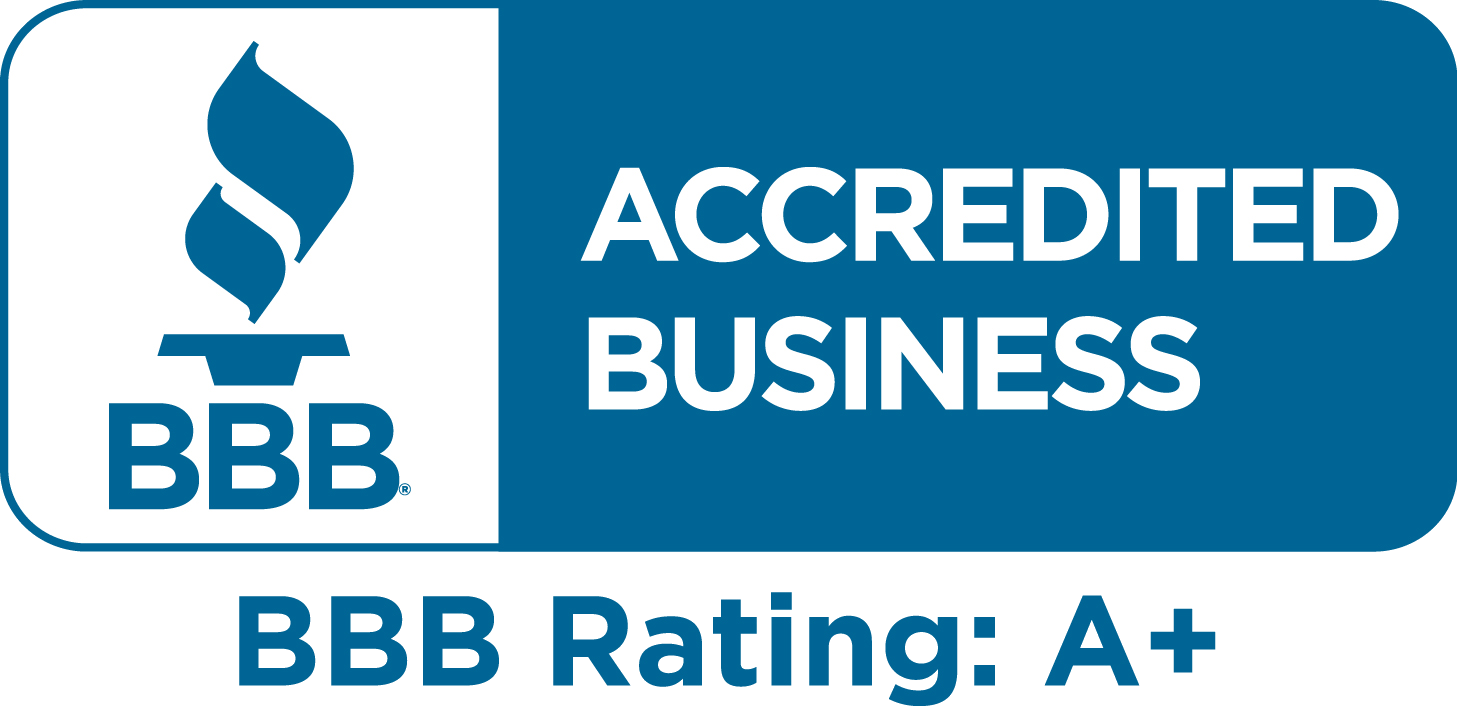How Mortgage Lenders Handle Charge-offs and Collections
Understanding How Mortgage Lenders Handle Charge-offs and Collections
How Do Mortgage Lenders Handle Charge-Offs and Collections?
When you apply for a mortgage, lenders carefully review your credit history to decide if you’re a good candidate for a loan. They do this by looking at your credit report, which shows how you’ve managed your debts in the past. If you have charge-offs or collections accounts, you might wonder how these affect your chances of getting approved for a mortgage. Let’s break it down in a simple way!
What Are Charge-Offs and Collections?
A charge-off happens when you owe money on an account (like a credit card or auto loan) and don’t make payments for a long time. The lender decides they won’t try to collect the debt anymore and marks it as a loss on their books. However, this doesn’t mean the debt goes away. You still owe the money, and it stays on your credit report for up to seven years.
A collections account happens when a lender or company you owe money to sends your unpaid debt to a collections agency. These accounts also show up on your credit report and can hurt your credit score.
How Lenders View Charge-Offs and Collections
Mortgage lenders check your credit report to see if you have charge-offs or collections. They use this information to decide if you’re likely to repay the loan. Here’s what they consider:
- Type of Debt: Lenders look at whether the charge-off or collection is related to a secured loan (like a car loan) or unsecured debt (like a credit card). Secured debts may be taken more seriously because they’re tied to something valuable, like a car or a home.
- Amount Owed: Lenders want to know how much money you owe in charge-offs and collections. Large amounts might be a red flag, while smaller amounts could be less concerning.
- Age of the Account: Older charge-offs and collections may have less impact than recent ones. If the debt is from several years ago, lenders may not see it as a big issue.
Auto Loan Charge-Offs and Repossessions
If you have an auto loan charge-off or your car was repossessed, it means you stopped making payments on your car loan, and the lender either wrote off the debt or took back the car. Since auto loans are secured loans, lenders might pay closer attention to these situations. For repossessions, lenders may count a percentage of the remaining balance against your debt-to-income ratio. This percentage is often around 5% of the outstanding balance, but it can vary depending on the lender’s policies.
Debt-to-Income Ratio (DTI)
When lenders decide if you qualify for a mortgage, they also look at your debt-to-income ratio (DTI). This is the percentage of your monthly income that goes toward paying debts. Here’s how they handle charge-offs, collections, and repossessions when calculating your DTI:
- Charge-Offs: Many lenders don’t include charge-offs in your DTI because the lender has written off the debt. However, some might require you to pay off the charge-off before approving your loan.
- Collections Accounts: If you have collections accounts, lenders may include the monthly payment (if you’re making payments) or the total balance in your DTI. This depends on the lender’s policies.
- Auto Repossessions: Lenders often include a percentage of the remaining balance of a repossessed vehicle in your DTI calculation. This is typically a small percentage, like 5%, to account for the unpaid debt.
Tips for Managing These Debts
If you have charge-offs, collections, or a repossession on your credit report, here are some steps you can take to improve your chances of getting a mortgage:
- Negotiate the Debt: Contact the creditor or collections agency to negotiate a settlement. Often, you can agree to pay a portion of the balance in exchange for having the account marked as "paid" or "settled" on your credit report.
- Request a Pay-for-Delete Agreement: In some cases, you can ask the creditor to remove the account from your credit report entirely if you pay the debt. Make sure to get this agreement in writing before making any payments.
- Dispute Errors: Check your credit report for mistakes. If you find errors, dispute them with the credit bureau. Incorrect or outdated information can sometimes be removed.
- Set Up a Payment Plan: If you can’t pay the debt in full, ask the creditor if you can set up a payment plan. Regular payments can show lenders that you’re taking responsibility for your debts.
- Improve Your Credit Score: Focus on making on-time payments, keeping credit card balances low, and avoiding new debts. These steps can help offset the negative impact of past issues.
- Talk to Your Lender: Be honest about your credit history. Some lenders offer programs to help borrowers with past credit issues. They may also guide you on which debts need to be resolved before you can qualify.
Final Thoughts
While charge-offs, collections, and repossessions can make it harder to get a mortgage, they don’t mean it’s impossible. Lenders look at your entire financial picture, including your income, savings, and overall credit history. These issues could delay your purchase while you work to resolve and overcome these challenges. By understanding how lenders handle these debts and taking steps to improve your finances, you can work toward achieving your dream of homeownership!











